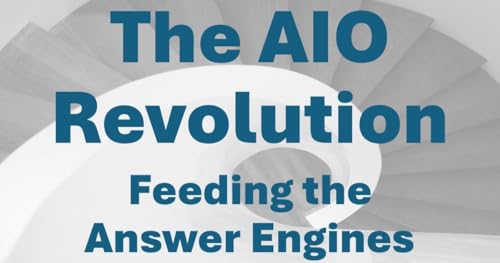The Author’s Guide to Strategic Sponsorships
The principles of sponsorship apply directly to book authors planning launches, tours, or large-scale promotional projects. Drawing from the strategies used by major events and industry experts, here are the top 10 reasons book authors should seek sponsors.
1. Get Substantial Financial Support
Sponsorship provides authors with direct funding to cover essential costs that might otherwise be unaffordable. This cash sponsorship can be used to fund a book tour, rent larger event spaces, or hire high-profile speakers and entertainers for a launch party. Financial sponsors provide these funds in exchange for promotional benefits and visibility, allowing an author to scale their projects without paying entirely out of pocket.
2. Enhance Credibility and Legitimacy
Partnering with well-known or respected brands can legitimize an author’s work in the eyes of the public. When a reputable company aligns its identity with your book or event, it signals to potential readers and attendees that the project is high-quality and worth their time.
3. Access In-Kind Goods and Services
Authors can reduce their overhead by securing in-kind (trade) sponsorships. Instead of cash, sponsors might provide the venue for a reading, catering for a launch event, or high-value technology and equipment. These partnerships allow authors to offer a premium experience to their readers while shaving off significant event expenses.
4. Reach New and Targeted Audiences
Sponsors often provide an author with a platform for discovery by introducing the book to their existing customer base. By identifying sponsors who share a similar target demographic, an author can tap into new networks of readers that they might not reach through traditional marketing alone.
5. Increase Media Coverage
Securing a media sponsor—such as a newspaper, magazine, or radio station—can lead to free advertising and live reporting on an author’s activities. This kind of sponsorship is specifically designed to boost awareness and attendance, potentially resulting in skyrocketing engagement and website visits.
6. Improve Attendee Experience
Sponsorship allows an author to provide exclusive perks that enhance the reader’s experience. This can include anything from providing free merchandise and goodie bags to hosting interactive activations that make a book launch more memorable and immersive.
7. Capture Leads
Sponsored events are excellent environments for capturing attendee data and generating leads for future book sales. Authors can use sponsorship to gain deeper insights into their audience’s demographics and interests, which is a valuable asset for long-term marketing strategies.
8. Network and Build Long-Term Partnerships
A single sponsorship deal can be the first step toward a multi-event collaboration or a strategic partnership. Building long-term relationships with brands provides authors with a stable foundation of support for future book releases and career growth.
9. Boost Social Media Exposure
Many sponsors look for opportunities to improve their own digital performance, which results in increased social media mentions for the author. Partnering with influencer sponsors can further amplify this effect through social media takeovers or shout-outs to a captivated audience.
10. Increase Revenue and Sales
By using sponsors to attract more people to an event, authors naturally generate more revenue through increased book sales. Sponsorships allow authors to keep ticket prices lower for their fans while still ensuring the project is a profitable business rather than just a donation.
Book Marketing Success is a reader-supported publication. To receive new posts and support my work, consider becoming a free or paid subscriber.
Coming next week, I’ll showcase an interview with Roberta Vigilance about getting sponsors for your podcasts, books, and events. You can find out more about Roberta, her books, and her courses at https://robertavigilance.com.
This is a public episode. If you'd like to discuss this with other subscribers or get access to bonus episodes, visit bookmarketing.substack.com/subscribe
 Feb 27 2026Less than 1 minute
Feb 27 2026Less than 1 minute Feb 24 202644 mins
Feb 24 202644 mins Feb 17 202654 mins
Feb 17 202654 mins Feb 15 20264 mins
Feb 15 20264 mins Feb 12 20263 mins
Feb 12 20263 mins 3 mins
3 mins 7 mins
7 mins Feb 6 20266 mins
Feb 6 20266 mins
